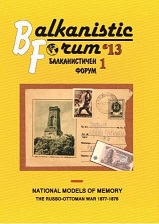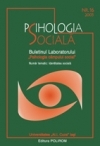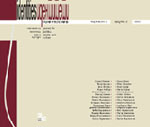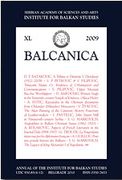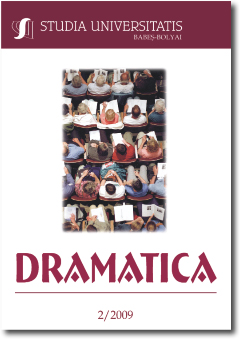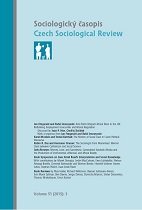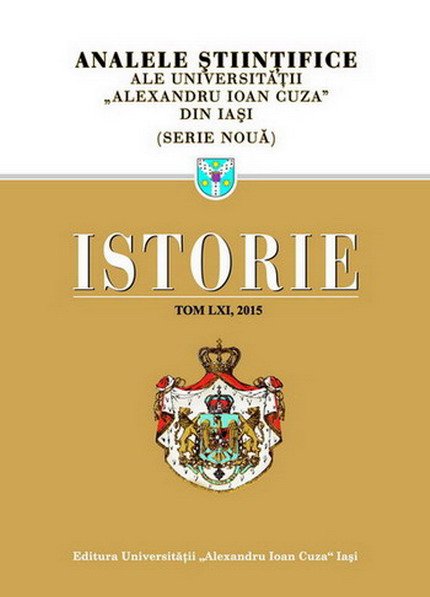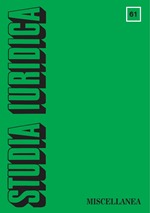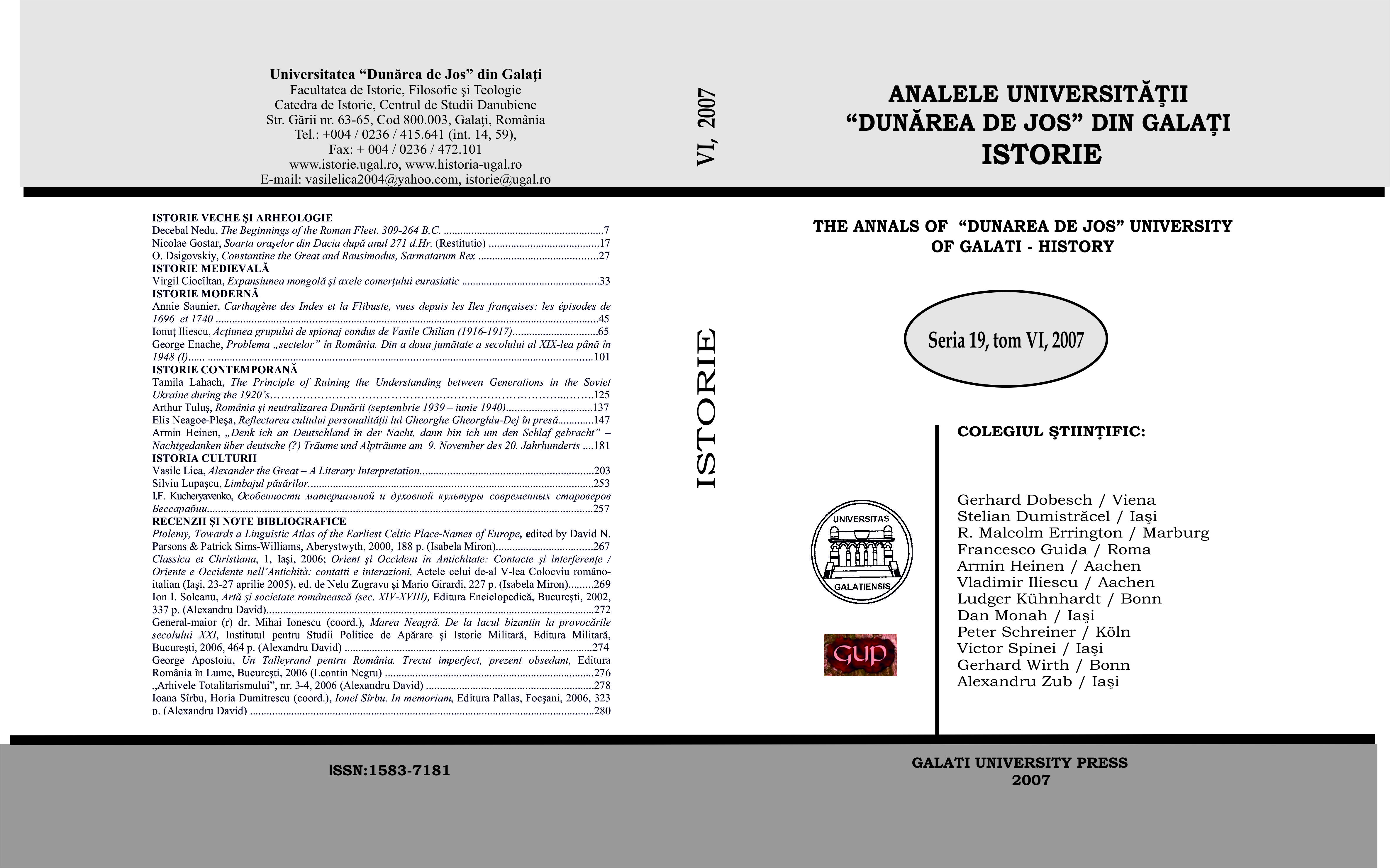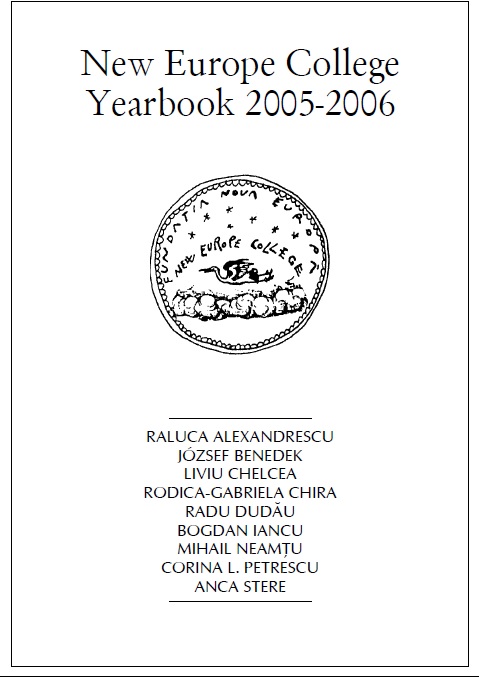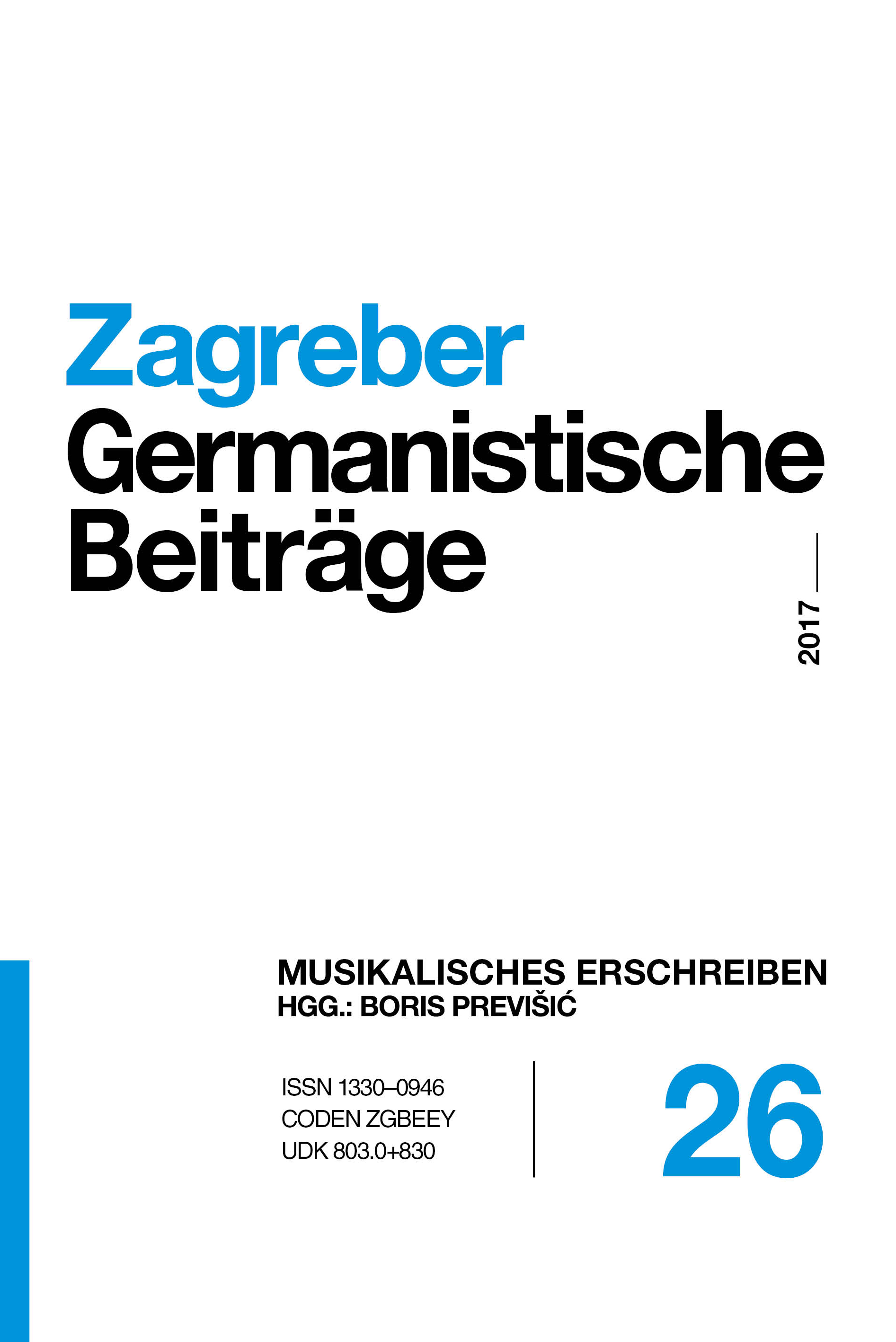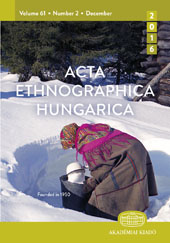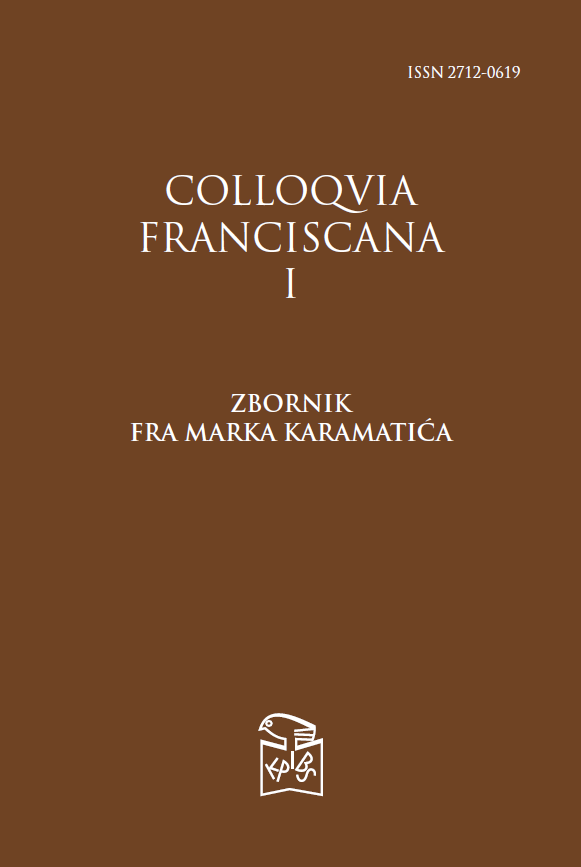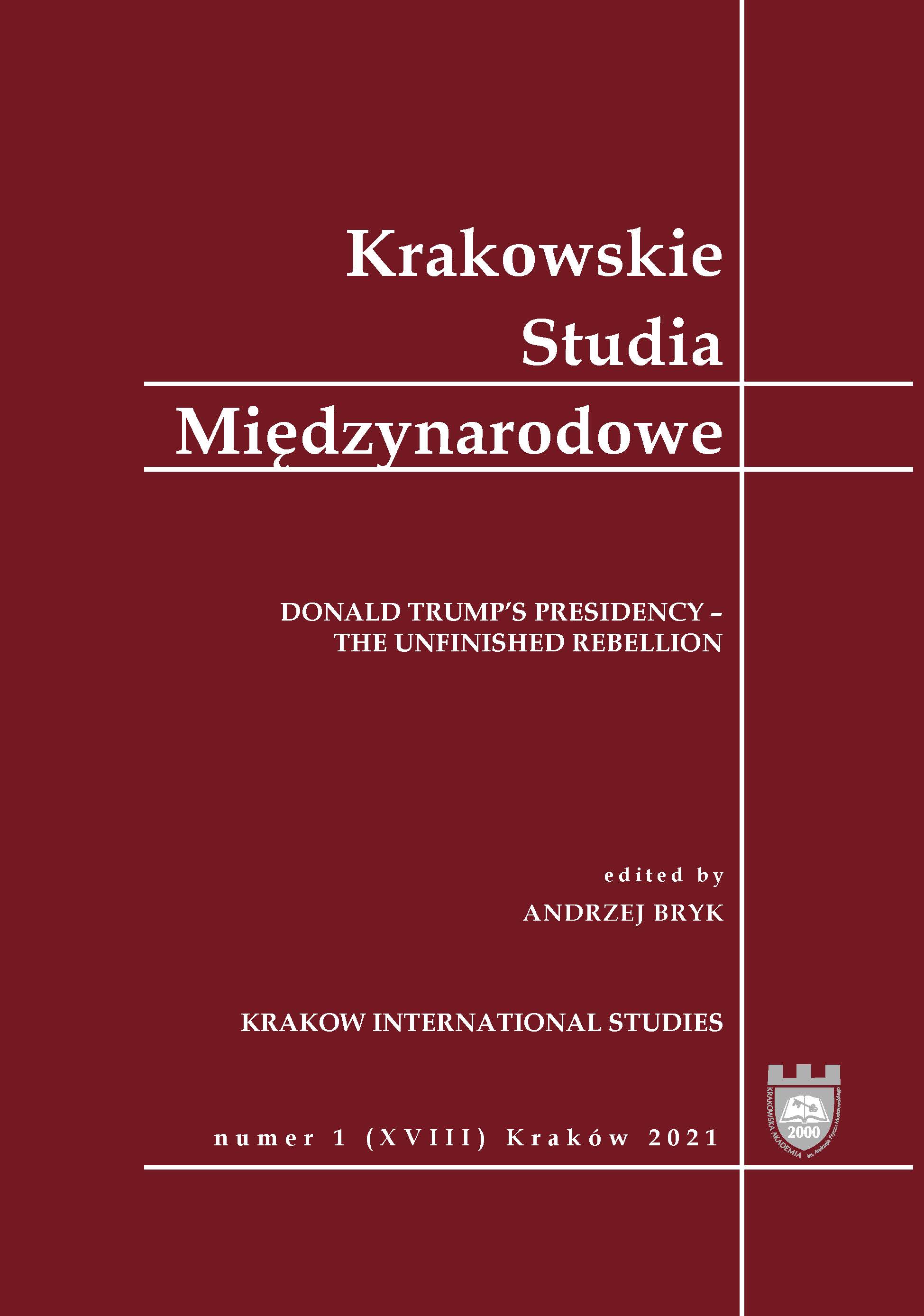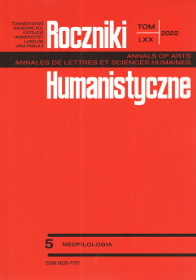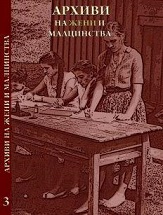
How the ,Maid of Spinges" became Katharina Lanz. The making of a hero from the anti-Napoleon wars
Как „Момичето от Шпингес" се превърна в Катарина Ланц. Изобретяването (making of) на една героиня от антинаполеоновите войни
This article focuses on the Mädchen von Spinges, a Tyrolean girl who, according to tradition, in 1797 fought against the Napoleonic army which was attacking the village where she lived as a farm servant. In fact, her very existence is doubtful, as is her identification (attributed as late as 1870) as a priest’s housekeeper called Katharina Lanz, who was born in a Ladin village and died in 1854. Nevertheless, the Mädchen von Spinges has become a heroine whereas many other women who also fought against the French and whose lives were and are well-documented have been forgotten. Thus a crucial aspect of the article is explaining the reasons for her success. The authors focus on the political and cultural contexts where the Mädchen von Spinges became a heroine and investigate the premises and the conditions that made the strengthening and spreading of her myth possible. The features traditionally attributed to a virgin fitted the gender-roles of the hegemonic Catholic-conservative and patriotic Tyrolean culture. Moreover, the later identification with a Ladin woman turned out to be useful to the Habsburg interests in the context of the growing national conflicts within the Habsburg Empire between the end of the 19th and the beginning of the 20th centuries. Yet this heroine was not forgotten even in later times. In Tyrol her memory is actually very much alive even today. In fact, over time, she underwent a kind of actualization process and in different contexts her myth became instrumental to correspondingly different political and cultural goals. Therefore, the authors pinpoint the (partially) changing features attributed to the maid of Spinges as well as the actors who, at different stages, were involved in the making and re-making of this heroine.
More...
